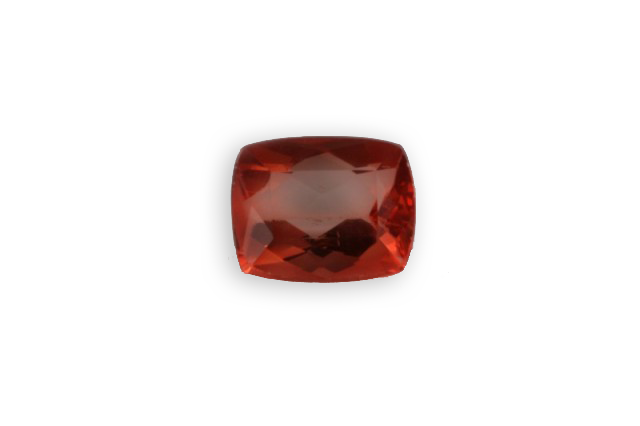
blue
Je vous emmène à travers mes vidéos découvrir mon expérience acquise depuis plus de 30 ans a silloner le globe entier à la recherche de pierres précieuses, de rencontre mémorables mais aussi de difficulté parfois …
actualités
Categories

orbicular diorite
Successively described and analyzed by many specialists since 1851, its a mixture of feldspar, hornblende, biotite (black mica) and quartz. It is considered an intrusive rock with a texture similar to “granite”, the term “granite” designating a hard stone used in civil engineering. The matrix
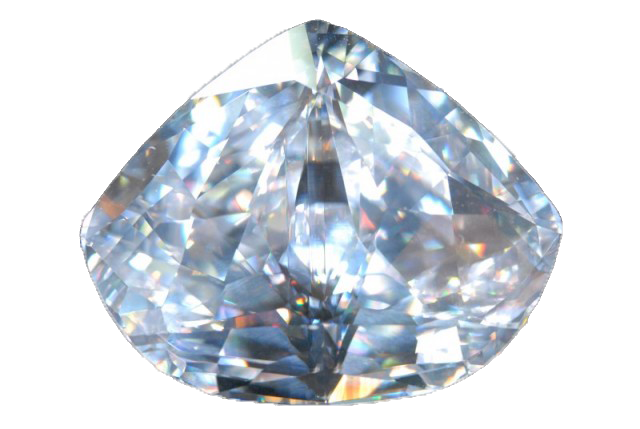
diamond
This gem, the best known and most prestigious, is named after its hardness, “adamant” in Greek, which means unconquerable because there are no known naturally occurring minerals that are harder than it. Pure and white, it has an incomparable brilliance, and it sparkles in all
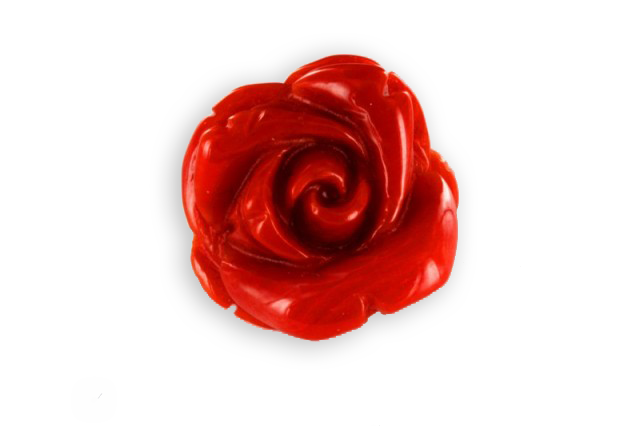
coral
For the geologist, the mineralogist and the gemologist, it is neither a mineral or a fossil, or even a rock. This is the central limestone axis around which small polyps have developed, they secrete it and shelter there. These are animals of the Coelenterata phylum
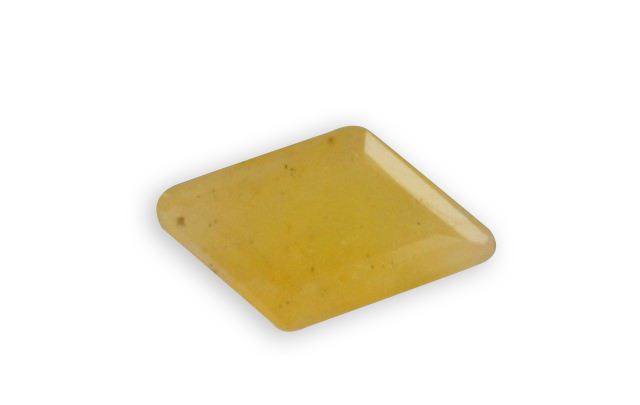
cancrinite
It was identified in 1839 by a German mineralogist and named in honor of the Russian Finance Minister George Kankrin (1774-1845). This stone is particular : it is a silicate but effervesces with acid because it contains carbonates.
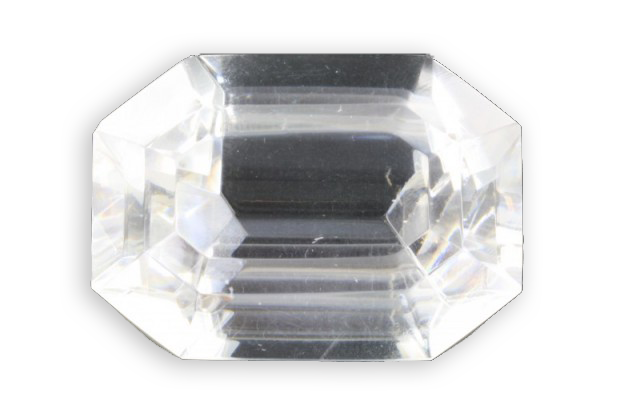
calcite
It is known since antiquity, its name comes from the Greek “khalx” for lime. Identified and analyzed from the seventeenth century and then by Rene-Just Haüy to its easy cleavage. Called Iceland spar, the crystals exhibit the phenomenon of double images: a feature seen through


